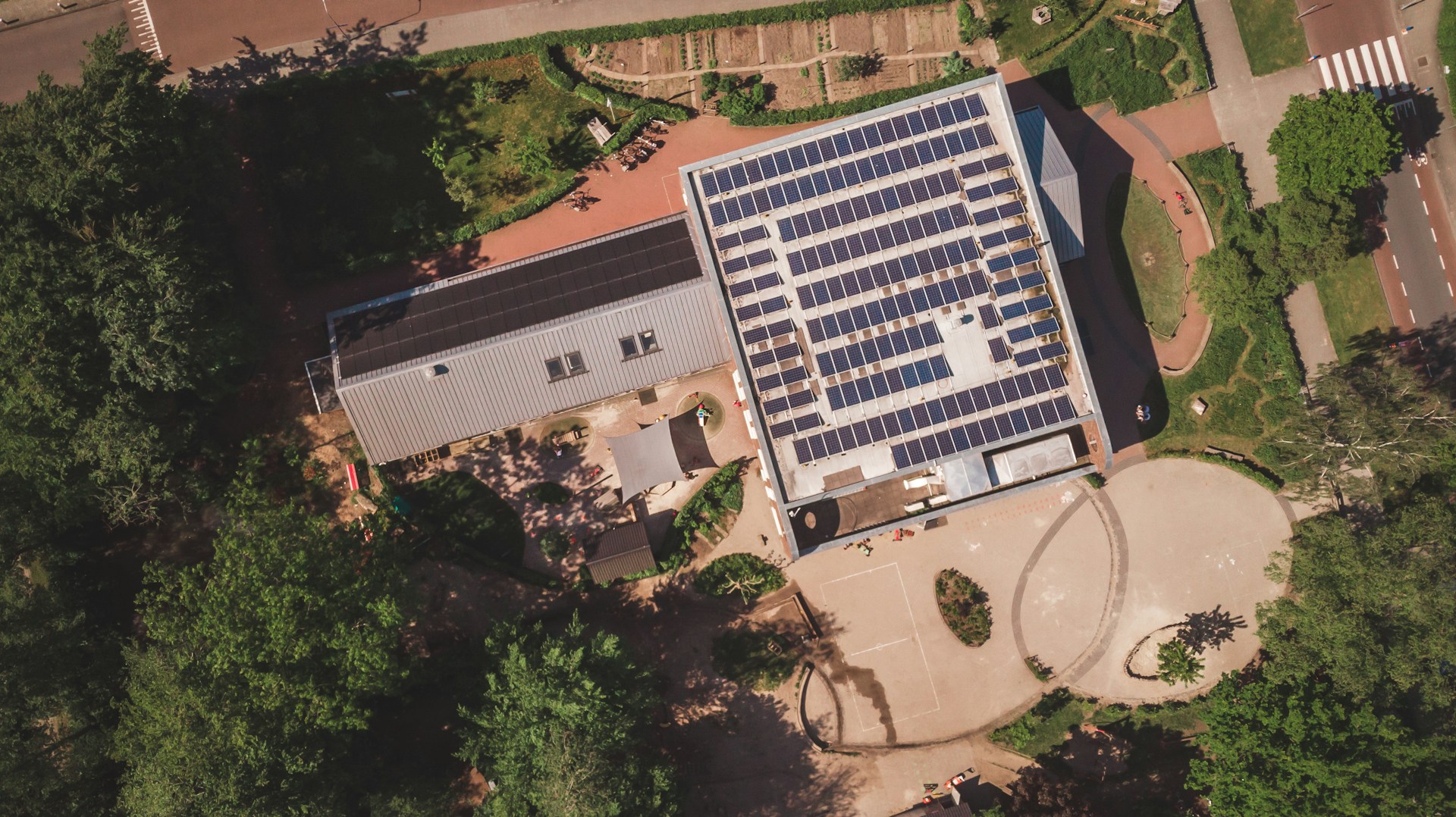Bridging Divides: Fostering Global Collaboration for Positive Change
In an era marked by rapid technological advancements and interconnectedness, the traditional pillars of cooperation, multilateralism, and diplomacy are facing severe strains.
Governments are prioritizing national interests over collective good; businesses chase profit before common good; while civil society is struggling to be heard above the din of polarization.
Isolationism threatens to exacerbate global challenges, leaving us without any answers to climate catastrophe, persistent poverty, and widening inequality. There is an urgent need for a paradigm shift — a move towards cross-sector, multi-stakeholder collaboration as the key to addressing pressing global issues.
China’s broadening cooperation with its neighbor Vietnam exemplifies the importance of intergovernmental cooperation in promoting equitable growth. This will be a focal point in the upcoming Horasis China Meeting, scheduled for 14 to 15 April 2024 in Binh Duong, Vietnam. The meeting will bring together 300 of the most senior members of the Horasis Visions Community, including prominent business leaders from both China and Vietnam. The aim is to bolster the rapidly expanding trade and investment alliance between the two countries.
The complexities of contemporary global challenges, be it climate change, public health crises, or economic disparities, demand a holistic approach that transcends isolationism and protectionism. The days of unilateral decision-making are behind us; instead, fostering dialogue and collaboration between governments, businesses, non-governmental organizations (NGOs), and communities is imperative for driving positive change.
Multilateralism Strained
A worrying trend has been on the rise in the past two decades – diminishing effectiveness of global multilateral institutions in dealing with diplomatic, security, and socioeconomic challenges. There has been a notable proliferation in the use of regional arrangements both in terms of security matters and trade disputes. Both have contributed to the erosion of multilateral institutions, raising concerns about a potential return of Cold War dynamics, greatly threatening the long-term viability of multilateral institutions.
But more concerning is the failure of alternatives to multilateralism when it comes to matters such as public services, food aid, refugee support, healthcare, and climate change. In such cases, a move away from multilateralism has serious outcomes for affected communities.
China an Outlier
Amidst growing isolationist tendencies, the strategic alliance between China and Vietnam serves as a model for others to follow. During his recent state visit to Vietnam, Chinese President Xi Jinping highlighted that the two countries are collectively advancing to a new phase of greater political trust, strengthened security collaboration, deeper cooperation, robust public backing, closer coordination in multilateral affairs, and improved management of disparities.
Vietnam is a participant in China’s Belt and Road Initiative (BRI). Chinese President Xi Jinping has expressed readiness to collaborate with Vietnam to expedite the integration of the Belt and Road Initiative with the “Two Corridors, One Economic Belt.” This collaboration aims to foster the development of cross-border economic cooperation zones between the two nations and explore mutual exchanges and cooperation in areas such as healthcare, the digital economy, and humanities.
China’s BRI has significantly contributed to the development of infrastructure and economic growth in the countries involved. In his address to the UN General Assembly in September 2023, Han Zheng, the Vice President of China, highlighted more than 3,000 collaborative projects and 16,000 freight services via the China-Europe Railway Express. He emphasized that these projects have resulted in mutually beneficial outcomes for all participating nations.
China has also been a strong supporter of UN’s core principles, standing against hegemony, power politics, unilateralism and a Cold War mentality. As the only permanent member of the UN Security Council to commit to a policy of no first use of nuclear weapons, China has called for the preservation of security in both traditional and non-traditional domains.
What’s Needed
Governments must step beyond the narrow confines of nationalism and recognize their role as global stewards. They must not only set ambitious targets for sustainable development and climate action, but also foster an environment conducive to collaborative efforts. This involves streamlining regulations to encourage cross-sector partnerships, invest in capacity building for NGOs and communities, and creating inclusive platforms for dialogue and knowledge sharing.
Businesses, with their vast resources and innovative capacity, must also move beyond the pursuit of profit and embrace their role as agents of positive change. They should promote cross-sectoral collaboration on R&D, that can lead to game-changing breakthroughs in fields like renewable energy, sustainable agriculture, and disaster management. Furthermore, governments should be open to establishing robust public-private partnerships on joint research projects, ensuring promising solutions are grounded in community needs.
Finally, mechanisms must be established to hold all stakeholders accountable for their commitments and ensure that collaboration leads to tangible results. An apt statement by Mr Guterres sums up the need to build back a renewed multilateralism: “We have the opportunity and the obligation to remember the promise of the United Nations Charter: To save succeeding generations from the scourge of war. We must keep this promise with the help of a revitalized, effective, representative and inclusive multilateralism.”
Photo Caption: China continues investing in Vietnam, deepening ties between the two nations.




